Bored in retirement
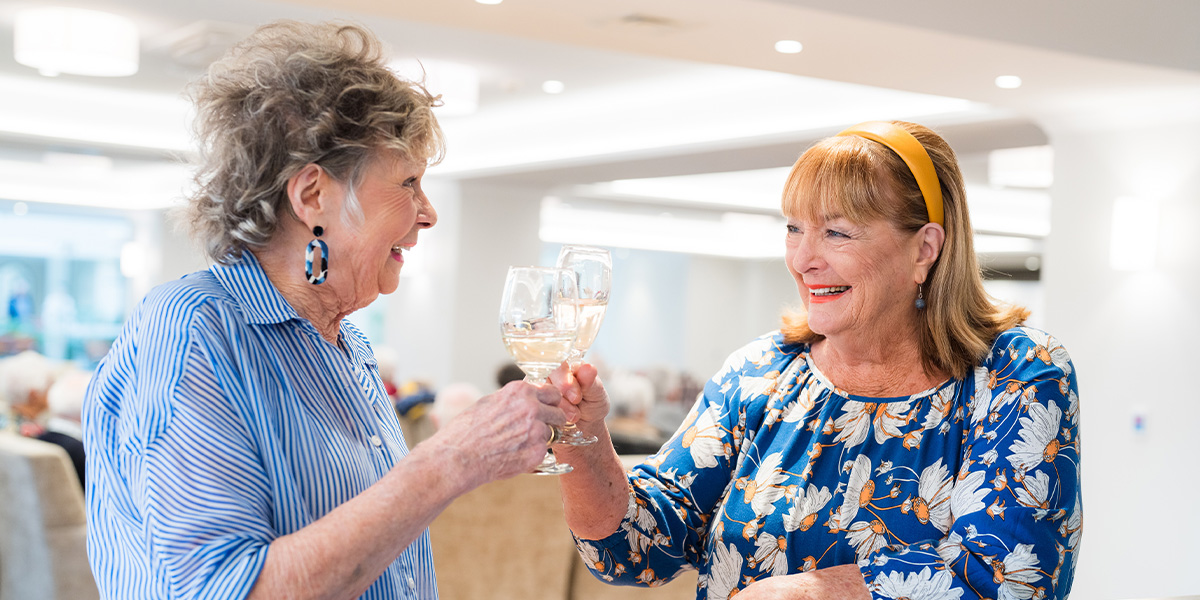

Feb 4, 2026
7
min read
What to do in retirement in Australia
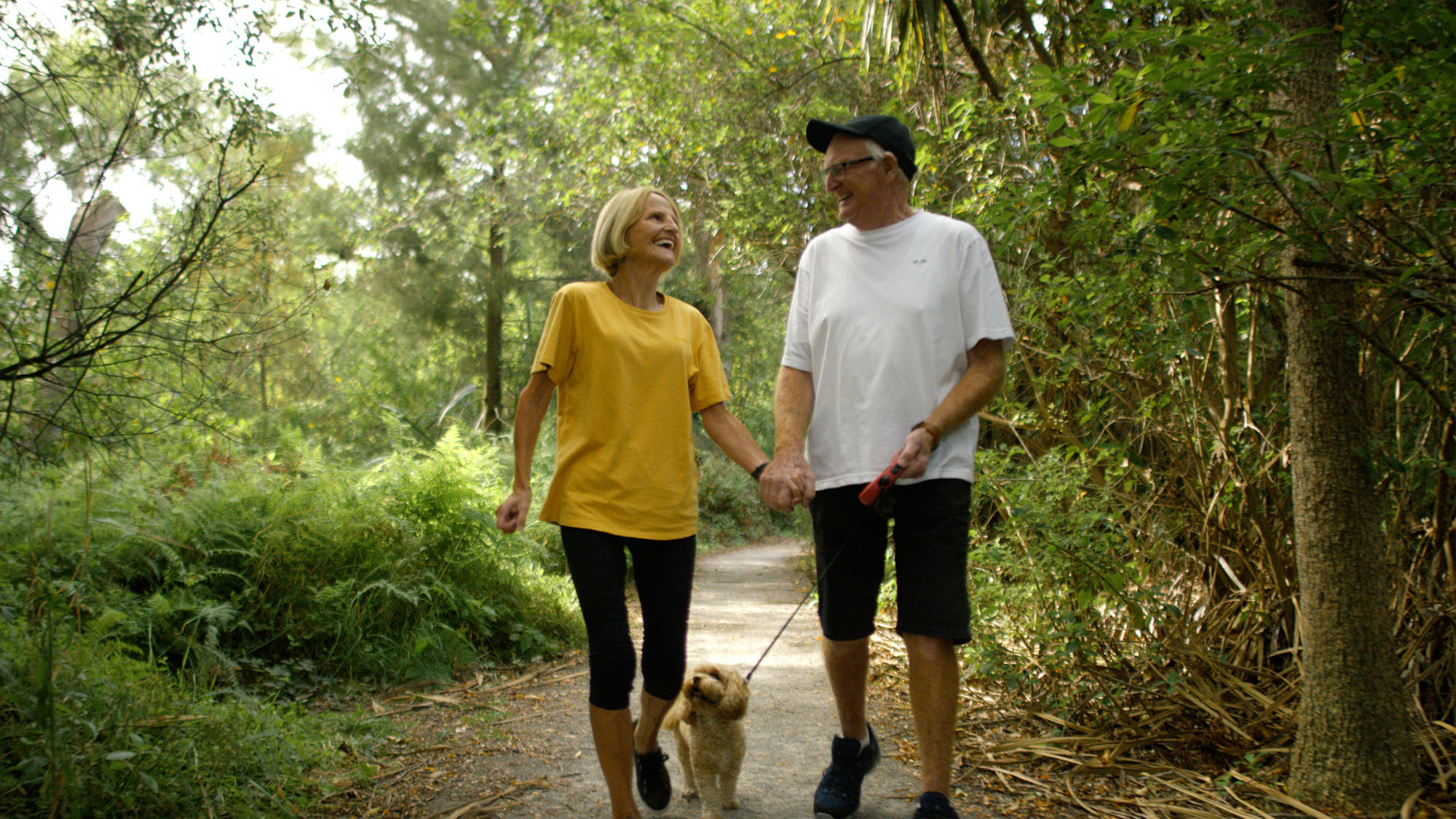

Jan 19, 2026
5
min read
Gifts for people living with dementia
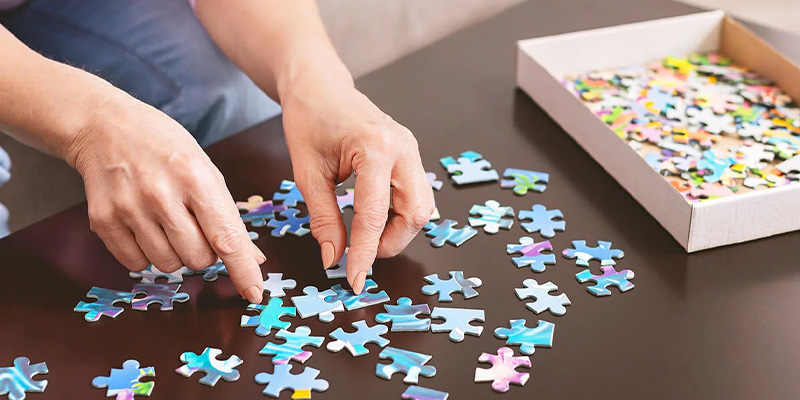

Jan 19, 2026
7
min read
How care and connection made Bert Newton Village home for Effie
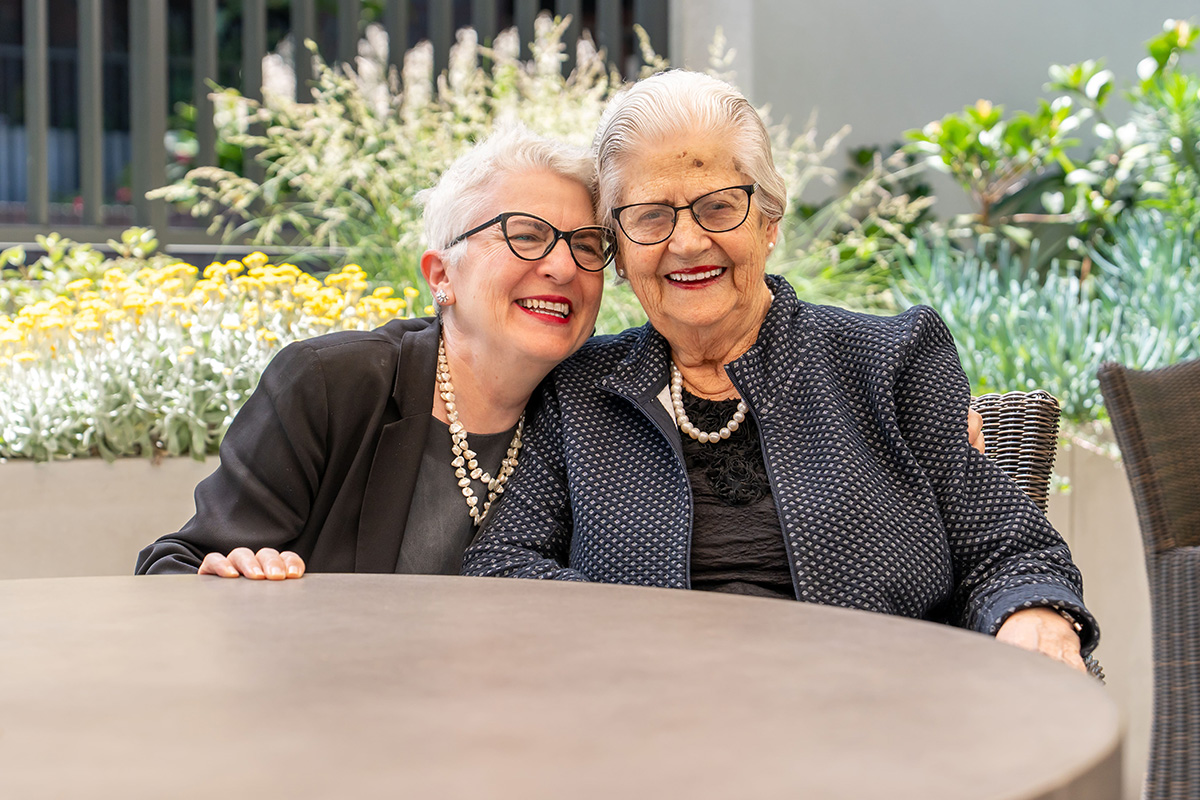

Jan 8, 2026
3
min read
Christmas RizeUp Project gives purpose and joy to residents
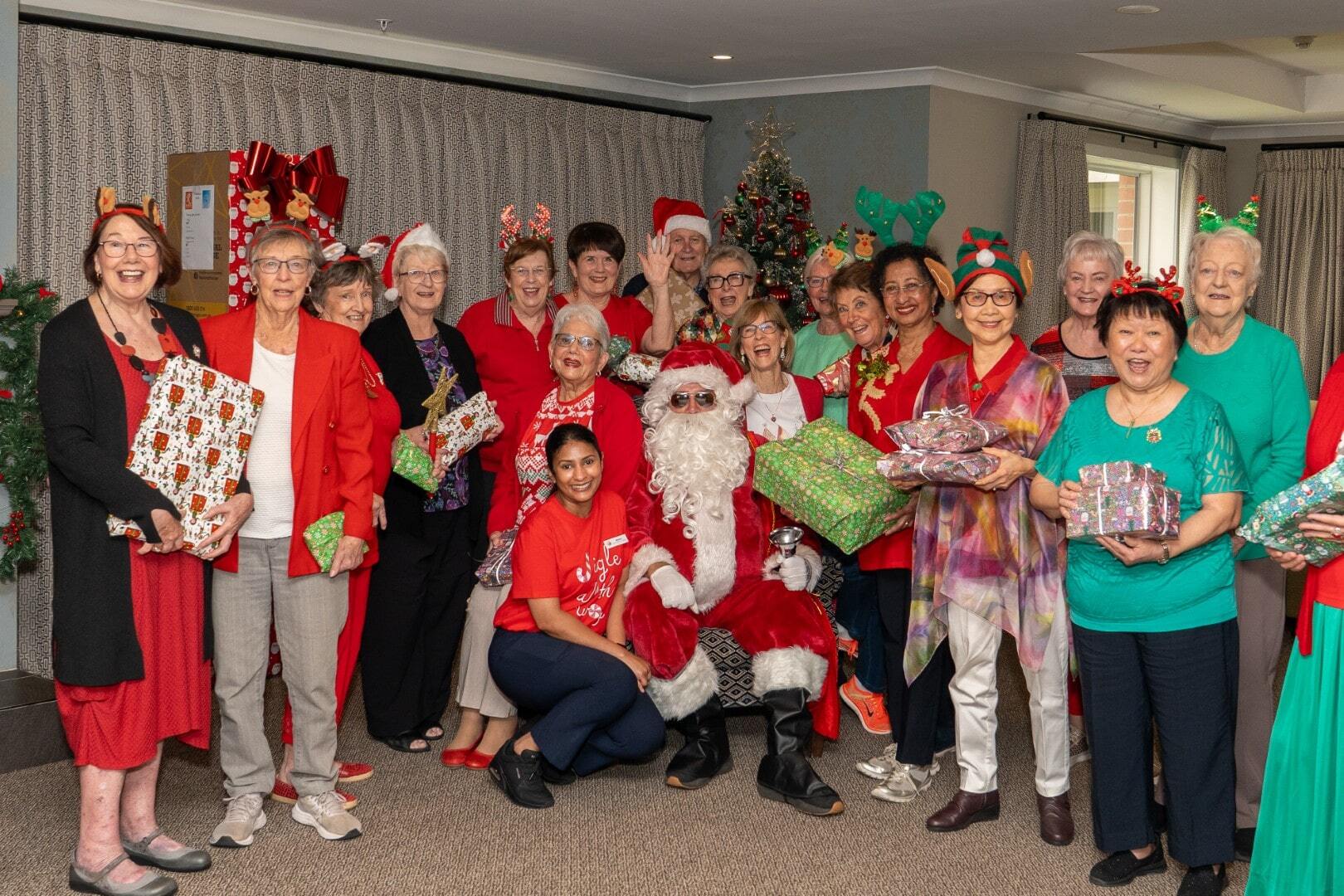

Dec 19, 2025
2
min read
Difference between assisted living and nursing home | Ryman Healthcare Australia
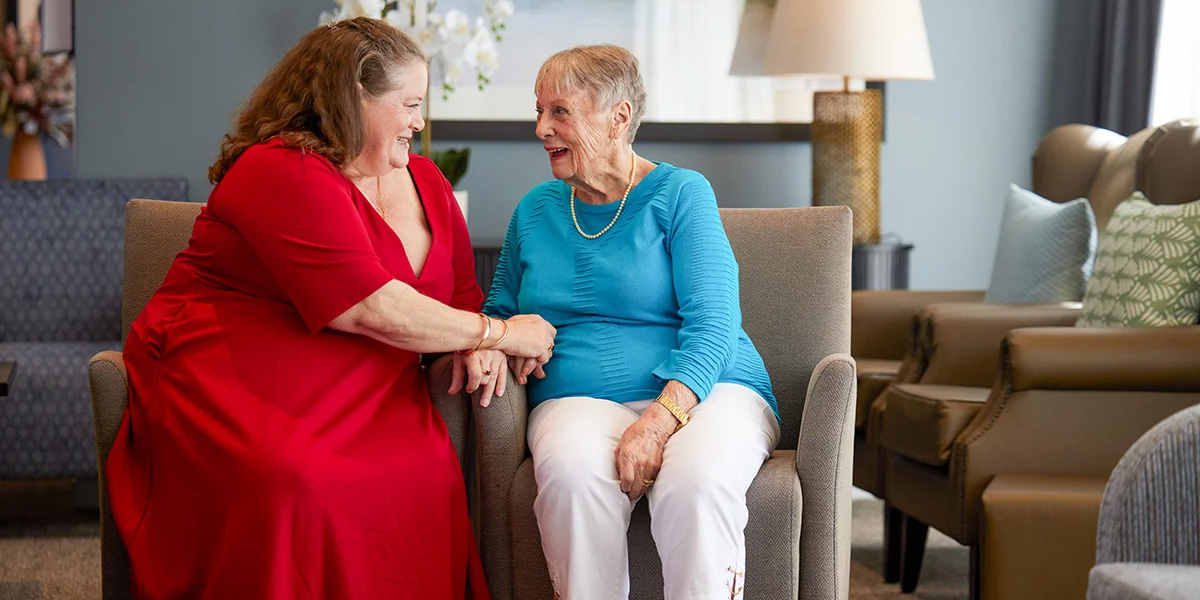

Dec 17, 2025
3
min read
How to choose the right assisted living facility | Ryman Healthcare Australia
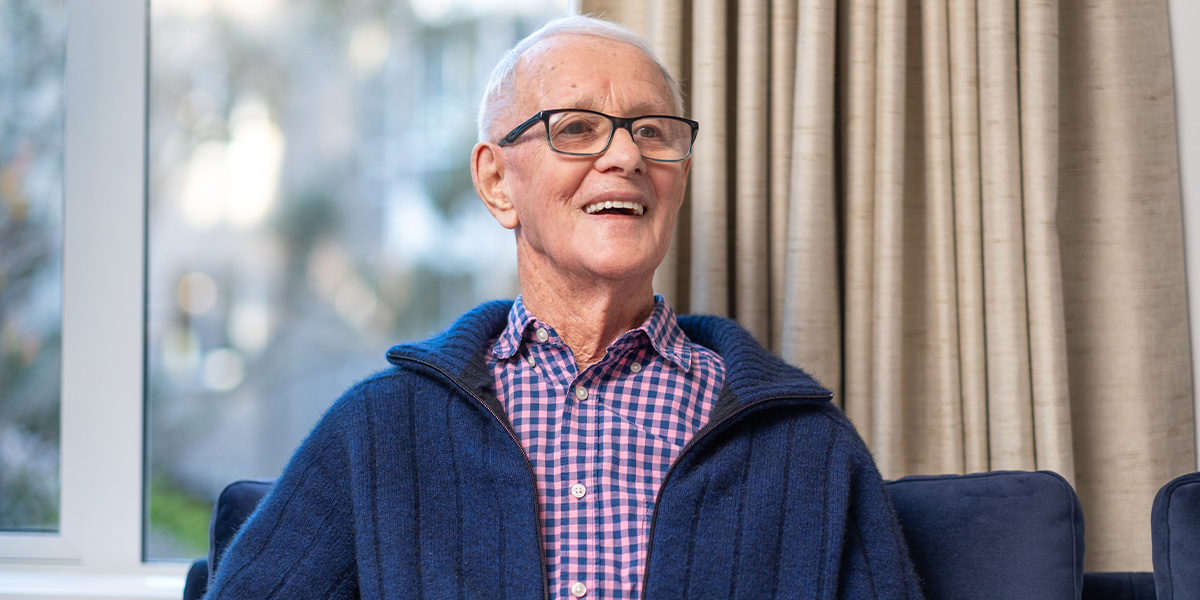

Dec 10, 2025
4
min read
Tony and June ‘lucky’ to be together in their serviced apartment
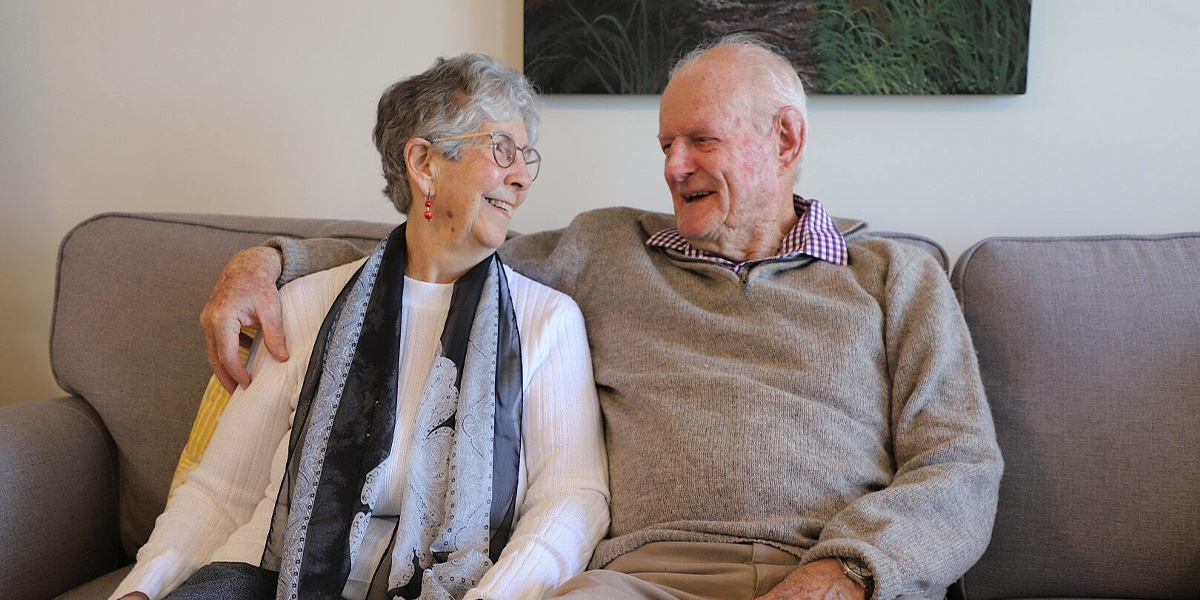

Dec 10, 2025
3
min read
Do people with dementia sleep a lot?
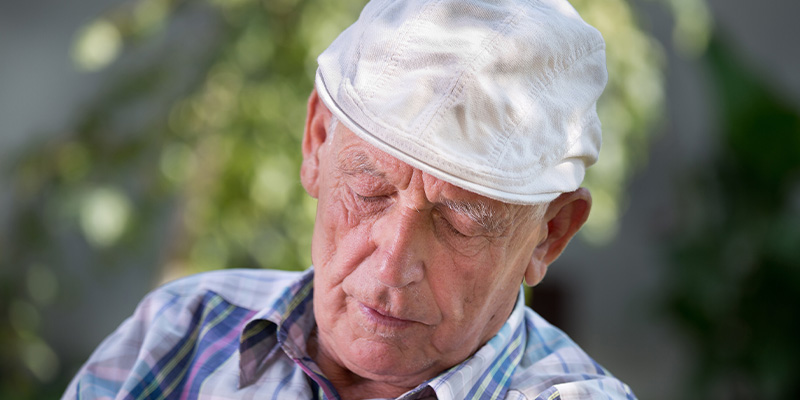

Dec 9, 2025
7
min read



.webp?width=900&height=600&name=DSCF8297%20(2).webp)

